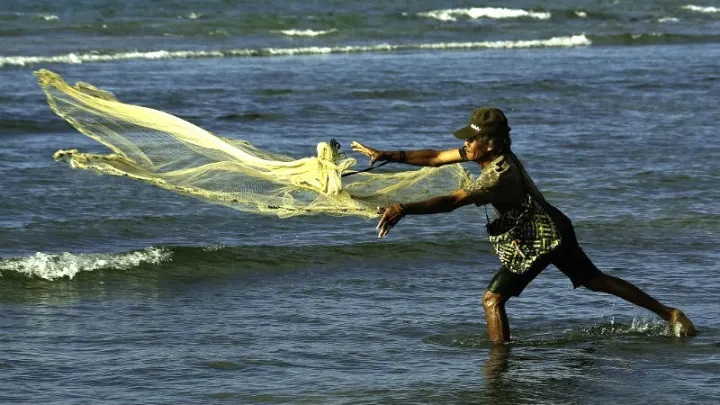MONTREAL — Small island developing states are the custodians of much of the world’s oceans. Through their exclusive economic zones, they control about 30% of all oceans and seas, and most of them have EEZs that far exceed their landmasses — Tuvalu’s, for example, is 27,000 times the size of its land — hosting considerable reserves of minerals, natural gas, fish, and seafood, among other resources.
But with limited capacity to fight the effects of climate change and environmental degradation, from the depletion of fish stocks to coastal erosion, ocean plastic pollution or coral reef degradation, SIDS are facing mounting difficulties in practicing good stewardship over their most precious assets.
In recent years, the concept of the blue economy has been embraced by international actors as a frame of reference to support SIDS in developing their economies in a way that promotes social inclusion, improves livelihoods, and ensures the sustainable management of coastal and ocean resources. It’s a concept that seeks to turn the geographical location of SIDS from a liability to an asset for ocean-based economic development. By diversifying industries and moving away from predominantly land-based development, SIDS could help create new employment opportunities.
“Developing the ocean economies is critical for SIDS given that in most cases, it’s the largest natural resource they have access to,” said Fekitamoeloa Katoa ‘Utoikamanu, high representative for the least developed countries, landlocked developing countries, and small island developing states at the United Nations.
READ MORE AT Devex.com

